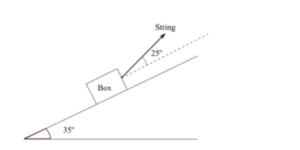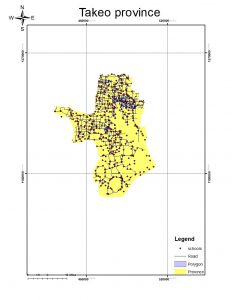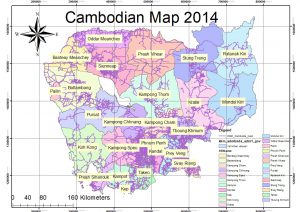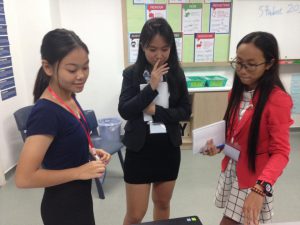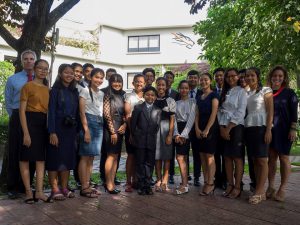We are currently learning about static equilibrium, friction and inclined planes. During the learning of concepts, I know new words like unbalanced force, static friction, kinetic friction, f_max and static equilibrium. We also used Khan Academy to practice those skills in general or when preparing for a quiz/test in addition to review questions given by our facilitator.
This is one of the questions we did:
Inclined planes: **Hard problem** A box of mass M = 10 Kg rests on a 35° inclined plane with the horizontal. A string is used to keep the box in equilibrium(this means all the forces are balanced). The string makes an angle of 25 ° with the inclined plane. The coefficient of friction between the box and the inclined plane is 0.3.
Draw the forces acting on the box, including all components.
Determine the tension force applied to the string. (You may find that you have two equations with two unknowns…think about what you usually have to do in this kind of situation.)
We are currently learning about static equilibrium, friction and inclined planes. During the learning of concepts, I know new words like unbalanced force, static friction, kinetic friction, f_max and static equilibrium. We also used Khan Academy to practice those skills in general or when preparing for a quiz/test in addition to review questions given by our facilitator.
